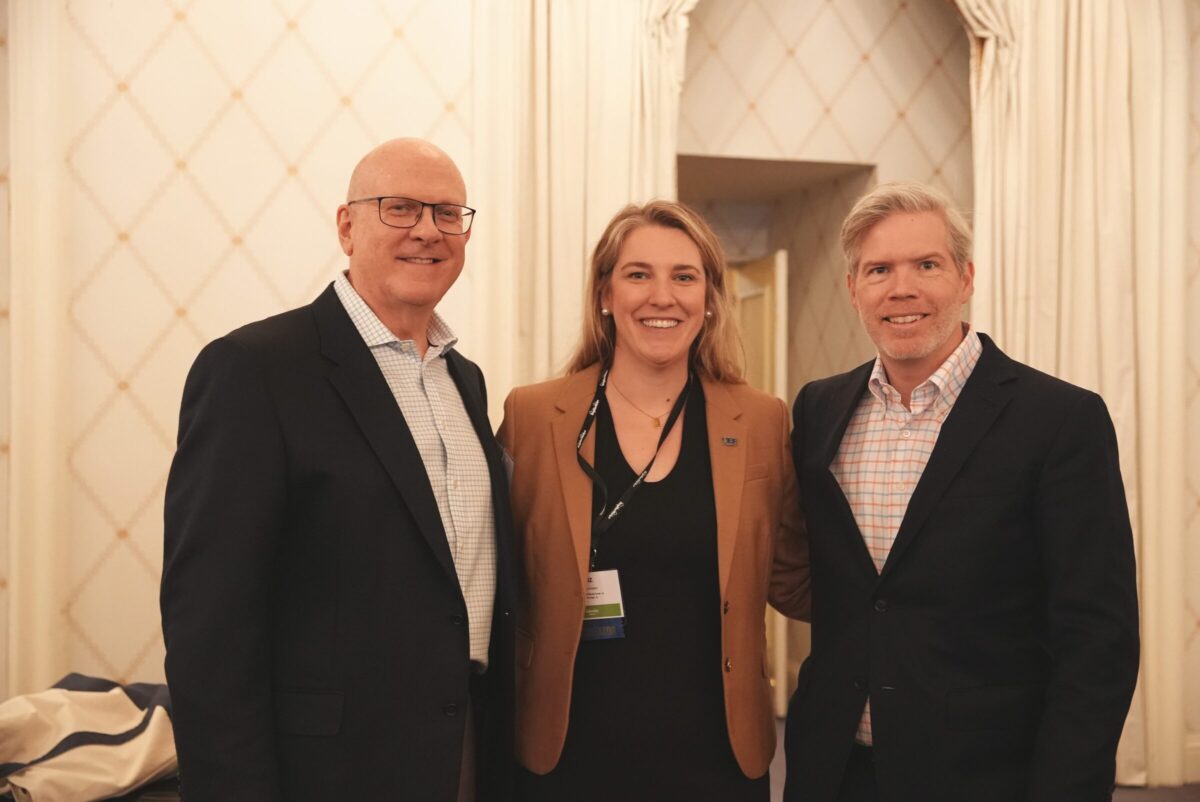NeighborWorks Capital and National Equity Fund (NEF) are pleased to announce the NeighborWorks Capital Equity Fund, an innovative partnership designed to make the Low Income Housing Tax Credit (LIHTC) market more equitable for members of the NeighborWorks America network.
This first-of-its-kind equity fund will provide high-performing community-based non-profit organizations with a set of standardized, equitable LIHTC terms and a platform through which NeighborWorks Capital, NEF, and NeighborWorks members can collaborate to grow the benefits of future versions of the fund over time. This is a major step forward for this critical national network of community-based nonprofits, and the possibilities to grow fund benefits over time are significant.
The idea to create a LIHTC fund for NeighborWorks organizations came from my time in the syndication business and with an allocating agency. The capital marketplace is not always equitable, and that is certainly true for the LIHTC market. Because syndicators and investors need to secure large numbers of transactions in a competitive environment, they often prioritize large developers. Large developers with a significant pipeline have more leverage with investors, and as a result, they often demand and receive better terms. I saw this happen year after year. Most non-profit developers do not have the scale to have that market leverage, and as a result, they often do not receive the best available terms. A recent survey of the equity terms accepted by network members confirms this reality.
The NeighborWorks Capital Equity Fund changes that dynamic for members of the NeighborWorks network. NeighborWorks organizations are true community-based organizations that advance residents’ priorities. They undertake challenging developments to benefit their community. These organizations and the communities they serve deserve the best available LIHTC terms.
Collectively, NeighborWorks organizations produce more affordable rental housing units each year than the top five for-profit developers combined (!), but historically, they have negotiated independently. This partnership with NEF gives these critical non-profit organizations the stature they deserve in the marketplace.
I want to thank the NEF team, particularly Matthew Reilein, Liz Hibbard, and Rachel Rhodes, for their vision to make this fund a reality and begin leveling the playing field for nonprofit developers. Well done, NEF. This is what market leadership looks like!
















